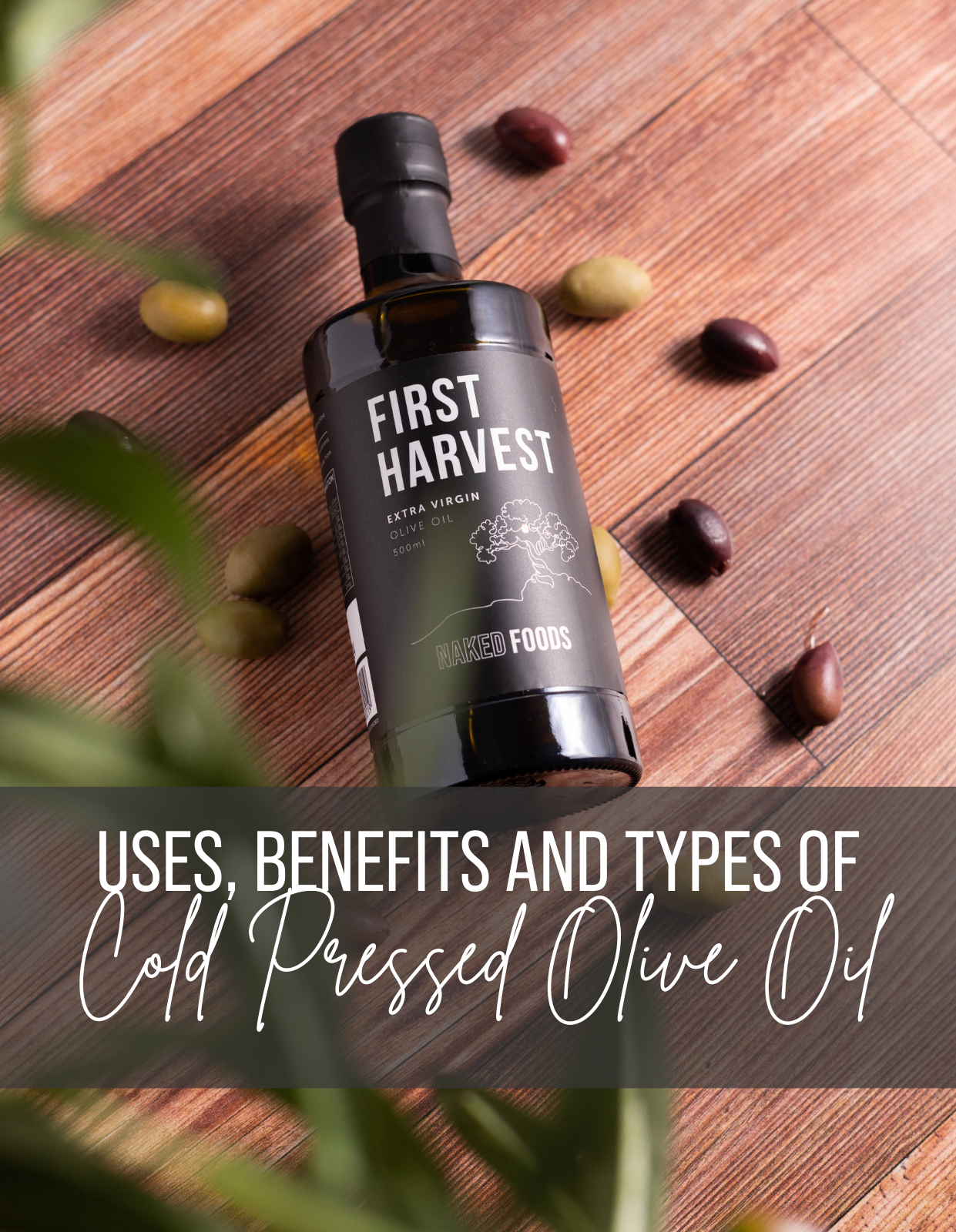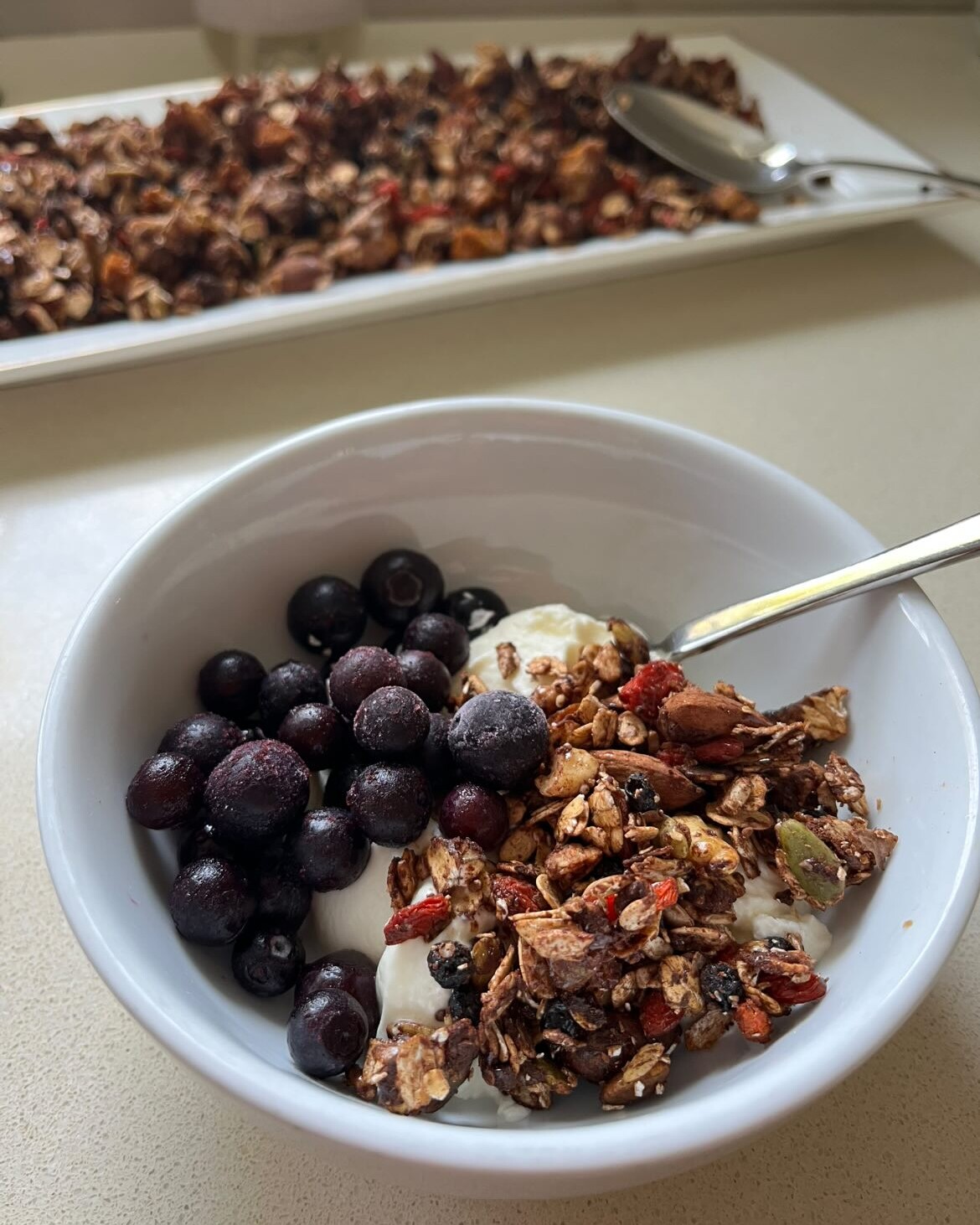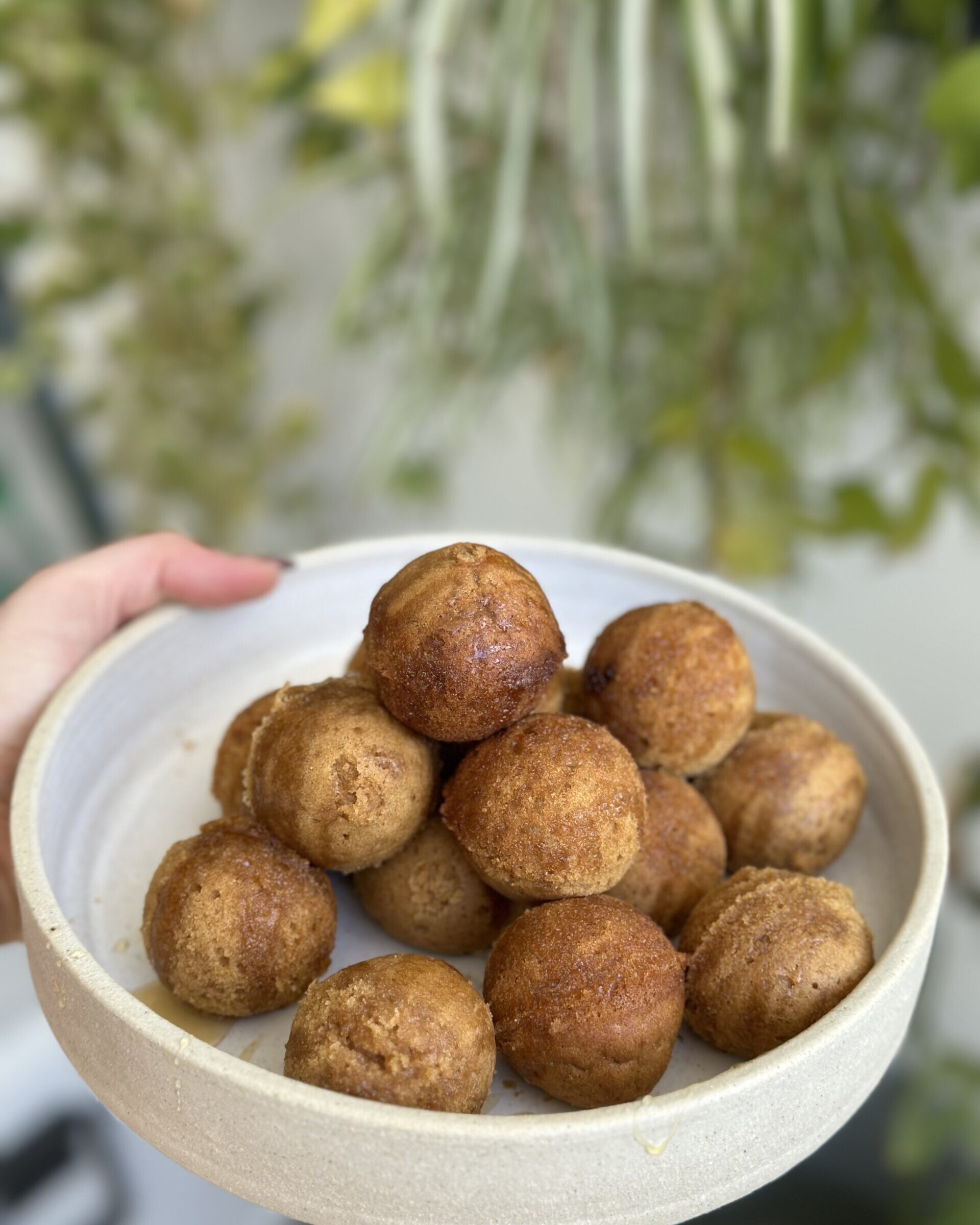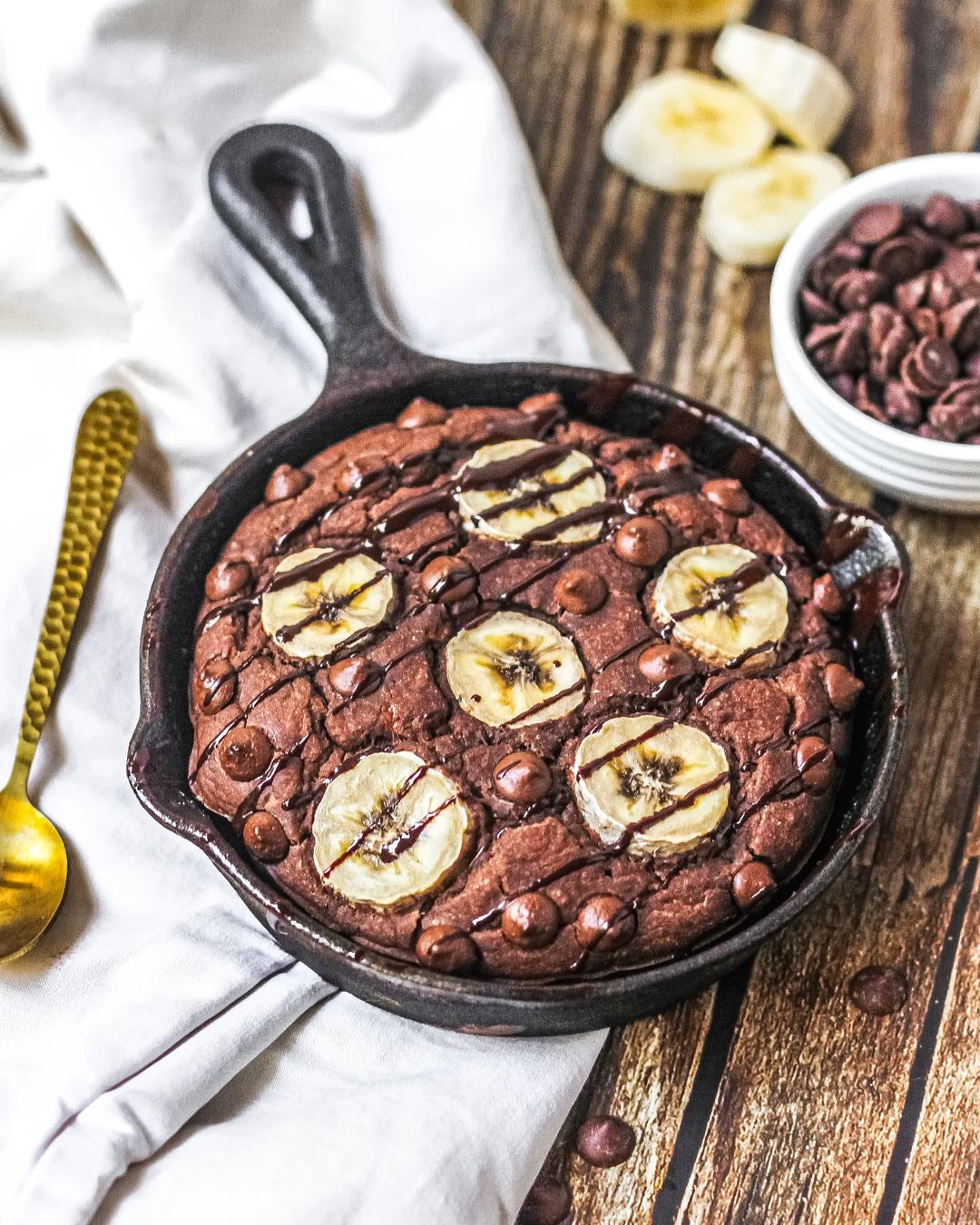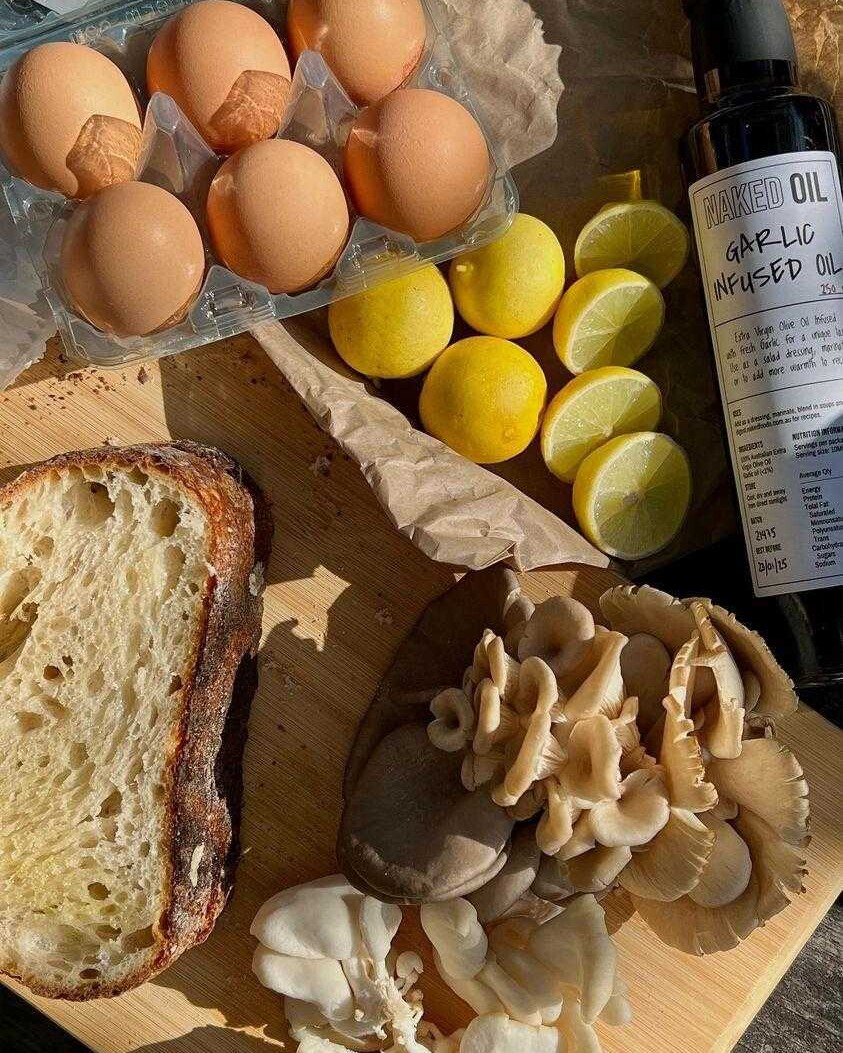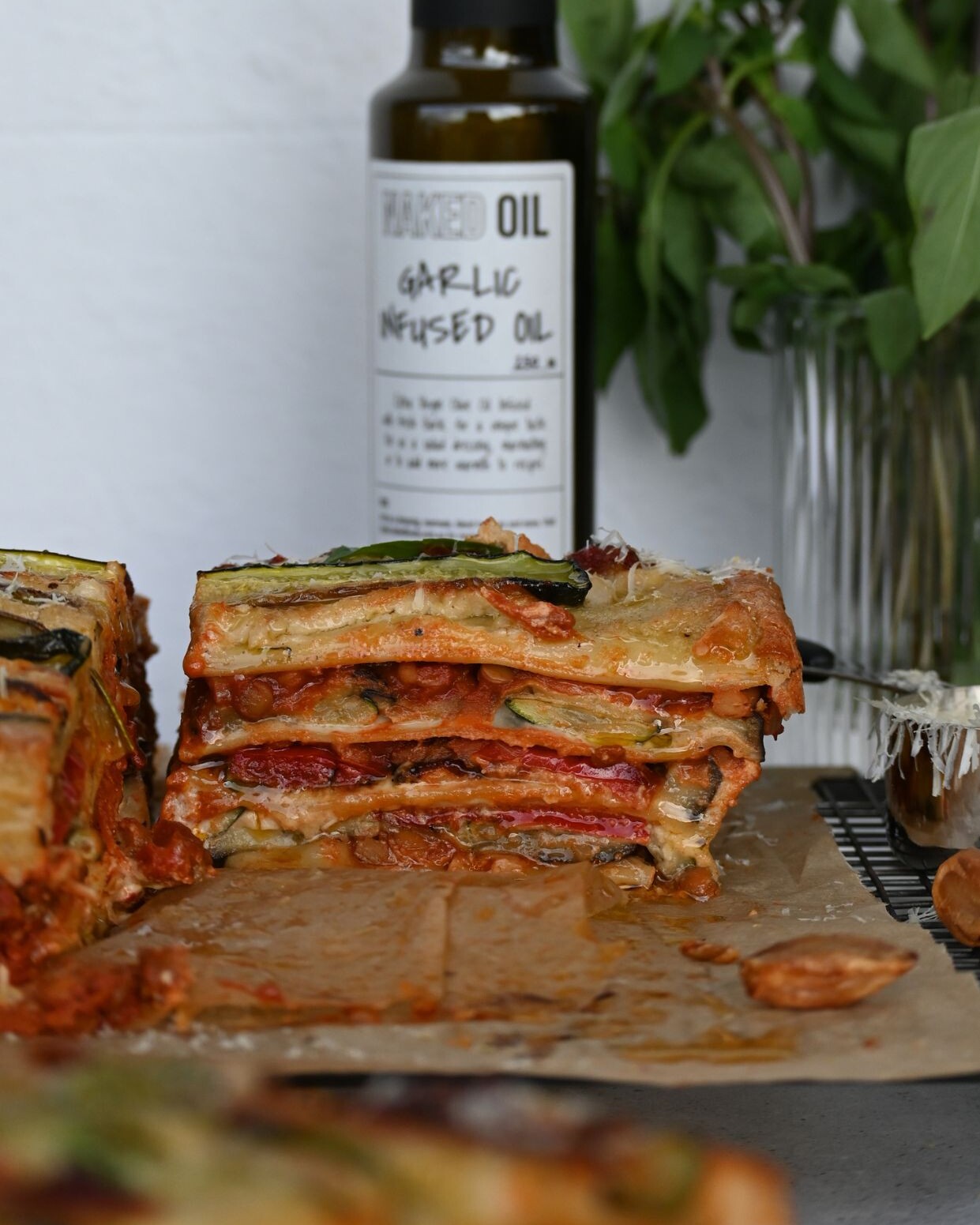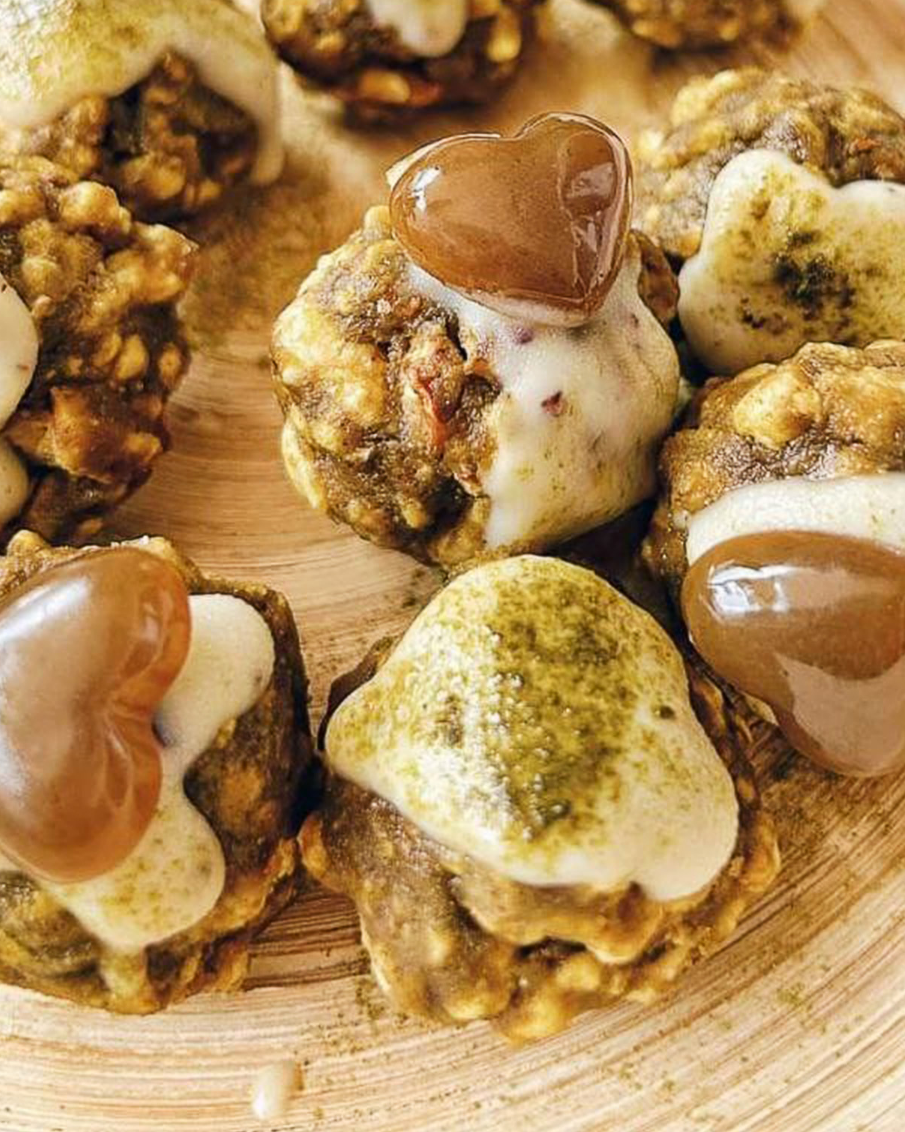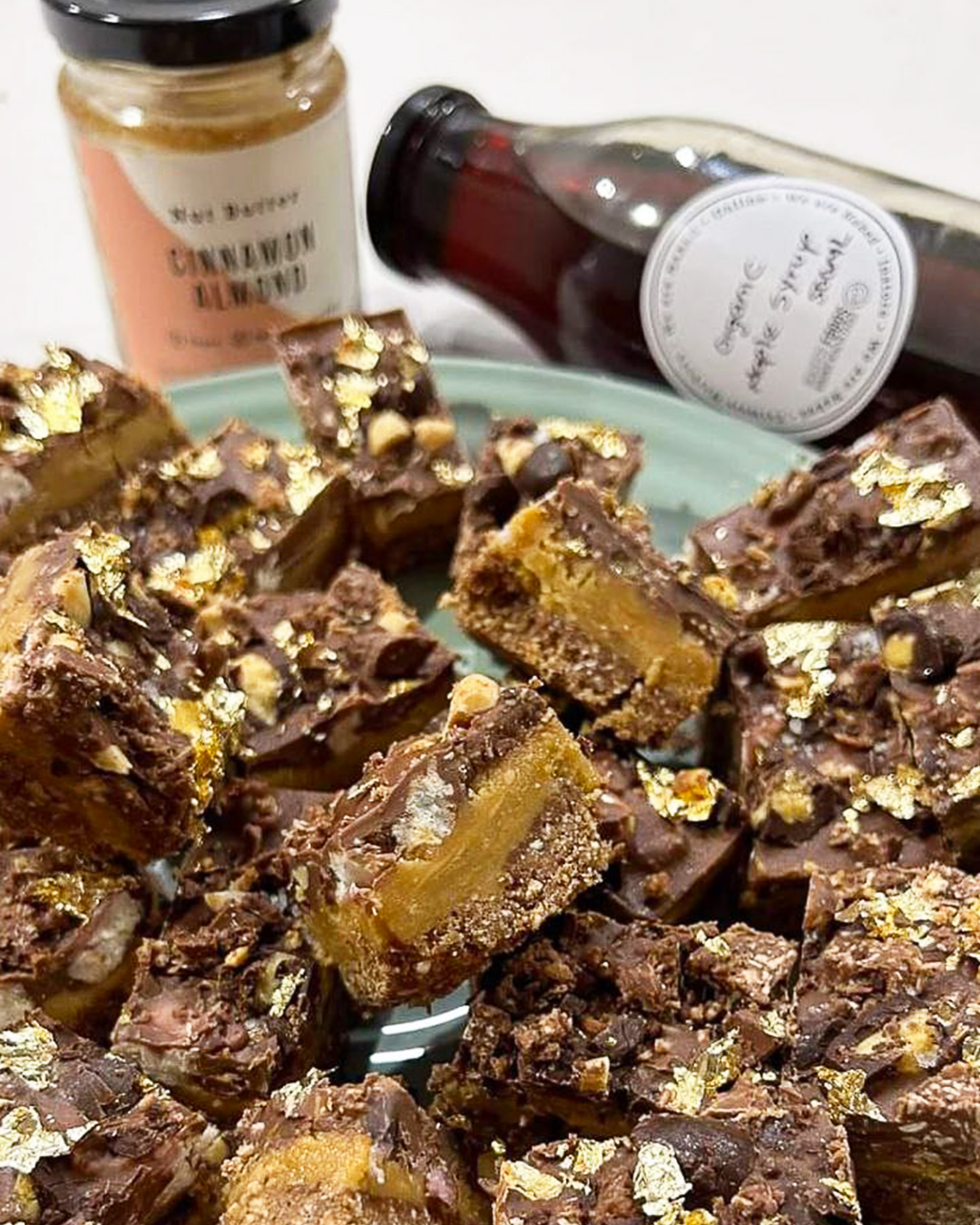Olive oil is said to have anti-inflammatory and antioxidant effects. In fact, observational studies have linked a larger intake of olive oil with a decrease in the occurrence of dementia, some cancers, and even cardiovascular disease compared to the use of little or no olive oil.
Extra-virgin olive oil does, however, provide an advantage versus other types of olive oil. The extraction of extra-virgin olive oil from ripe olives takes place without the use of chemical solvents or high heat. This protects the oil’s phenolic compounds. Regular overprocessed olive oils, in contrast, lose these compounds. Despite having a sharp taste, extra virgin olive oil has more antioxidants than other varieties. You better not replace vegetable oil with olive oil, as you will miss out on a ton of health benefits.
As a general guideline, consuming one to two teaspoons of olive oil daily is recommended to reap all the benefits of Olive oil. This holds true for olive oil that is consumed with food as part of cooking as well as sipped. Although there isn’t a set amount of olive oil that is “bad for you” or “unsafe,” many people find that consuming too much oil can make them feel a little nauseous. You should consume in moderation due to olive oil calories being high.
Here are the 5 types of Olive Oil and their uses:
Light Olive Oil
Many people believe that light olive oil is somehow better for them or has fewer calories than other types of olive oil. Light olive oil has a paler, lighter colour because it is extremely refined. Since it has a milder flavour than other types of olive oil, it is an excellent choice for baking because it won’t overshadow your dish if you want other flavours to come through. It is frequently less expensive than others, making it a better alternative for frying.
Regular Olive OIl
A good all-purpose oil for everyday use because it can sustain greater heat while still delivering a little of that distinctive olive oil flavour without completely dominating the food you’re preparing. As it will still allow those tastes to show, this is a terrific choice for seafood, searing meat, or infusing with herbs and garlic.
Virgin Olive Oil
Producers are restricted from using heat or chemicals to create virgin olive oil: The only thing that has to be done to virgin olive oil is to remove and filter it from the solid olive parts. The purity standards are not quite as high as those of extra virgin olive oil tough. Virgin olive oil is richer and more flavorful than standard or light olive oil since it is unheated. Try incorporating it into dishes or preparations like vegetable roasting or baking that will mask any flaws.
Extra Virgin Olive Oil
When it comes to extra virgin olive oil it is considered to be the best. It meets strict production standards, has a high concentration of polyphenols, is very tasty, and doesn’t go through any refining procedures. It is great to drizzle, saute or use when making bread.
First Harvest Extra Virgin Olive Oil
The best Extra Virgin Olive oil are “early harvest,” which means that they are created from the earliest squeeze of olives that are still unripe and green. Although pressing unripe olives produces less juice, it also highly preserves the natural polyphenols present in olive oil, which has a tonne of health advantages.
First Harvest Extra Virgin cold pressed olive oil is a wonderful option and best used for:
- salad dressings and marinades,
- as a dipping oil,
- drizzling it on a freshly made bread
- poured on top of prepared dishes since you’ll want to maximise its potent flavour.
We suggest using the oil uncooked because the flavour is best experienced without any heating. Happy cooking!

